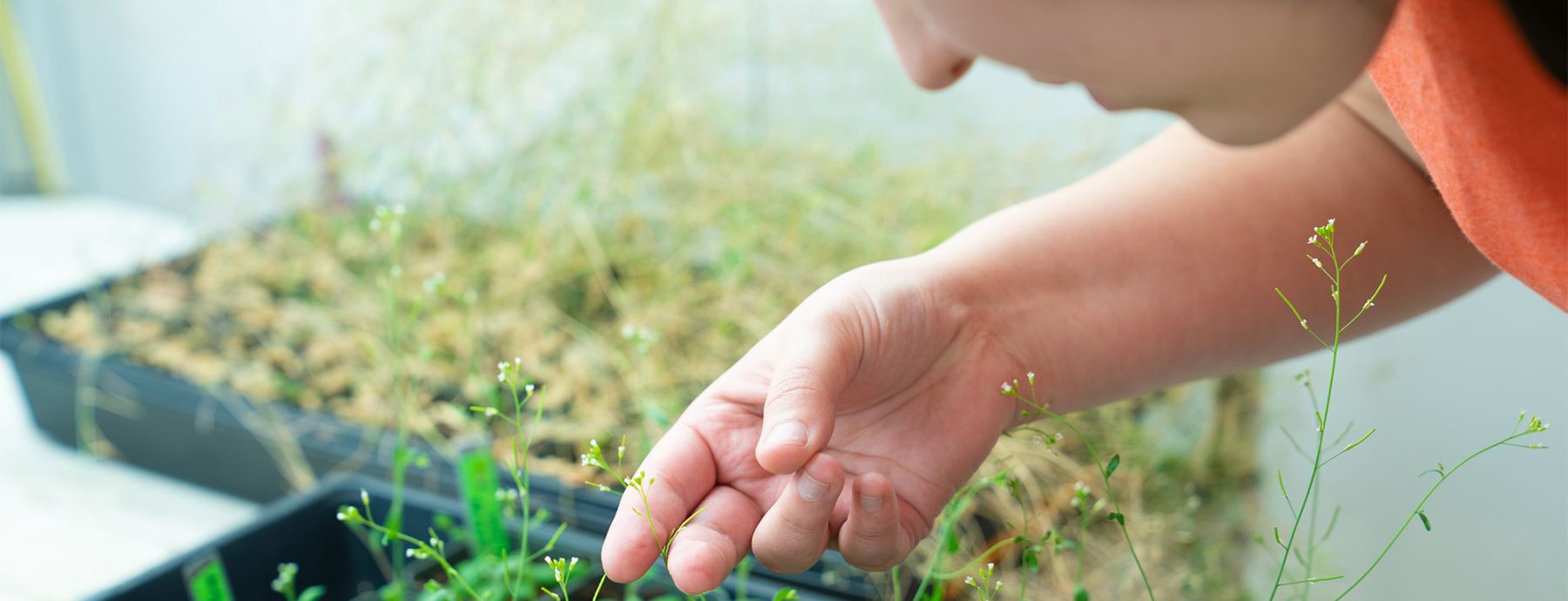Growing Scientific Excellence for a Better World
The Penn State Plant Institute cultivates a vibrant ecosystem of plant-focused innovation, collaboration, and impact. Our research, education, and outreach mission spans diverse disciplines, uniting students, staff, postdocs, and faculty across the entire Penn State system. We seek to cultivate:
- Transdisciplinary Excellence: We foster interdisciplinary research by developing cutting-edge facilities, equipping researchers, and facilitating collaborative activities. Our goal is to bridge disciplines, engage stakeholders, and amplify the global beneficial impacts of plant science at Penn State
- Engagement and Visibility: The Institute showcases the achievements of its members. We engage with the general public, Penn State administration, the Commonwealth of Pennsylvania, the United States government, global stakeholders, and corporate partners. We promote the critical role of plant science in addressing societal challenges
- Inspiring the Next Generation: We are passionate about attracting and supporting the next generation of plant scientists. By promoting the excitement and relevance of our field, we encourage students to explore plant science as a rewarding career path
- Strategic Synergy: We strategically leverage existing programs that align with our goals. This collaborative approach ensures efficiency and maximizes our collective impact
